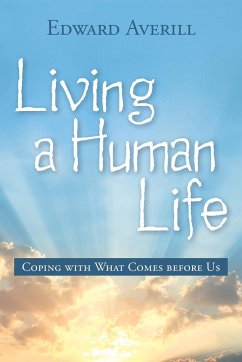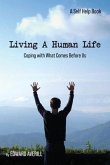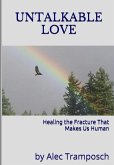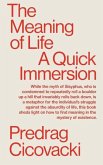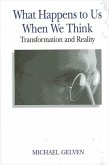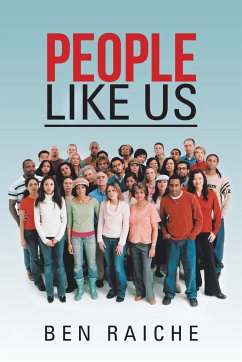Living a Human Life enables us to comprehend the top-level process concerning how all humans make our emotional and behavioral responses to the never-ending sequence of situations we meet during our lives. That comprehension enables us to live our unique human lives in a way that brings all of us together so that each understands how to work with others and so that our unique qualities work toward the ideal of benefiting others. Author Edward Averill draws attention to the analogy that each human cell in one's body is needed to work with other cells to play its unique part to keep the whole body healthy; just as all individual humans need to keep the body of humanity healthy. Humans are individually unique: we have inherited bodily conditions, innate predispositions, and environments where we actively express our emotions under the control of our thinking capability. A principle conceptual realization is that these differences develop the current content in our minds, which directs how one's life-force energy expresses one's behavioral and emotional responses to encountered situations.
Hinweis: Dieser Artikel kann nur an eine deutsche Lieferadresse ausgeliefert werden.
Hinweis: Dieser Artikel kann nur an eine deutsche Lieferadresse ausgeliefert werden.

